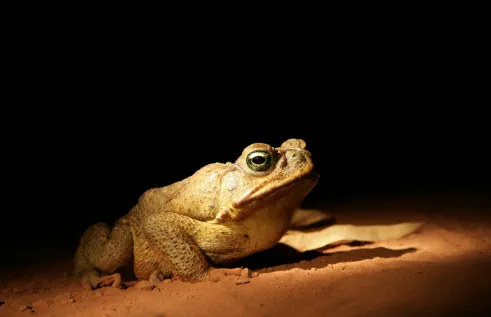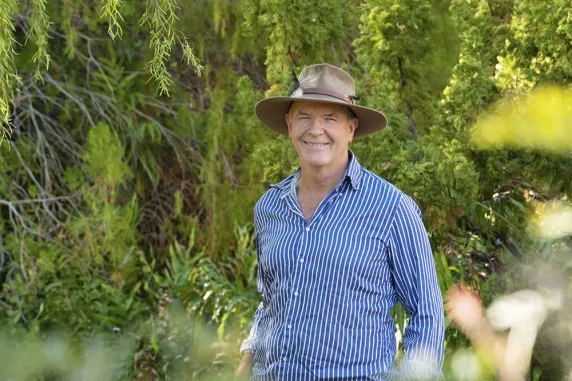news article
Research provides roadmap towards global species list
A roadmap to an agreed list of all the world’s species, from mammals and birds to plants, fungi and microbes, has been created for the first time and could have global impacts for their conservation.
Published in the journal PLOS Biology, it is hoped the information will help to bridge the global gaps in listing species.
Charles Darwin University conservation biologist and lead author Professor Stephen Garnett said outlining a road map that could be used world-wide, could address the differences in the ways people thought of species and listed them.
“Listing all species may sound routine, but is a difficult and complex task,” Professor Garnett said.
“Currently no single, agreed list of species is available. Instead, some iconic groups of organisms such as mammals and birds have several competing lists, while other less well-known groups have none.”
Professor Garnett said the lack of a single list caused problems for organisations and governments that required reliable, agreed, scientifically defensible and accurate lists for the purposes of conservation, international treaties, biosecurity, and regulation of trade in endangered species.
“The lack of an agreed list of all species also hampers researchers studying Earth’s biodiversity,” he said.
The new research paper outlines a potential solution – a set of 10 principles for creating and governing lists of the world’s species, and a proposed governance mechanism for ensuring that the lists are well-managed and broadly acceptable.
Director of Taxonomy Australia and a co-author Dr Kevin Thiele said: “Importantly, it clearly defines the roles of taxonomists – the scientists who discover, name and classify species – and stakeholders such as conservationists and government and international agencies.
“While taxonomists would have the final say on how to recognise and name species, the process ensures that stakeholders’ needs are considered when deciding between differing taxonomic opinions.”
Professor Garnett said the Earth’s species were facing unprecedented threats, from global heating, pollution, land clearing, disease and overutilisation, which together were driving an unprecedented and accelerating extinction crisis.
“Developing a single, agreed list of species won’t halt extinction, but it’s an important step in managing and conserving all the world’s species, great and small, for this and future generations,” Professor Garnett said.
Related Articles

Nanoplastics hindering cognitive abilities of fish, international research shows
Nanoplastic exposure can impair the cognitive abilities of fish and could lead to significant impacts on marine species’ ability to survive, according to a new international study.
Read more about Nanoplastics hindering cognitive abilities of fish, international research shows
Eradication would cost billions: NT’s lessons for Pilbara’s cane toad management
Cane toads are predicted to invade Western Australia’s Pilbara region by 2041 if left unchecked, but the Northern Territory’s population of the pests hold key lessons that could save billions in eradication costs.
Read more about Eradication would cost billions: NT’s lessons for Pilbara’s cane toad management
New project to grow Indigenous aquaculture on one of Australia’s largest islands
An Australian island’s efforts to improve food security and transition into a blue economy will be bolstered by a new project to propagate a nutritious and increasingly popular fish.
Read more about New project to grow Indigenous aquaculture on one of Australia’s largest islands
